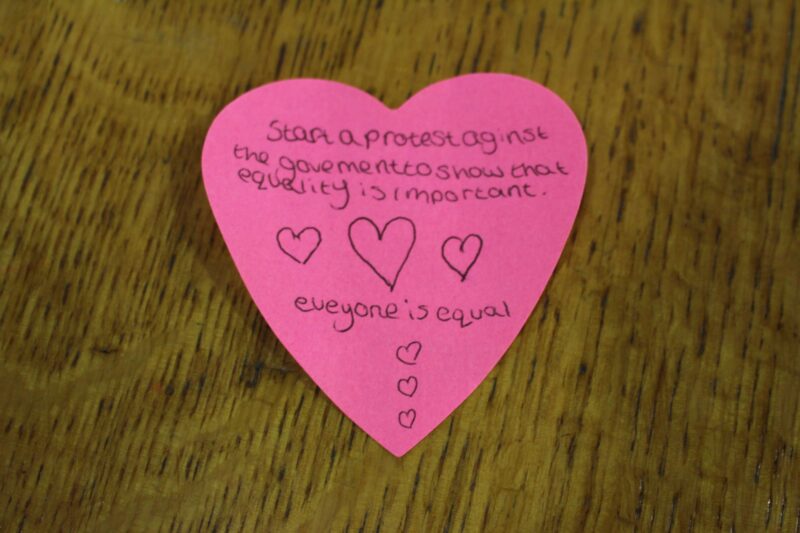


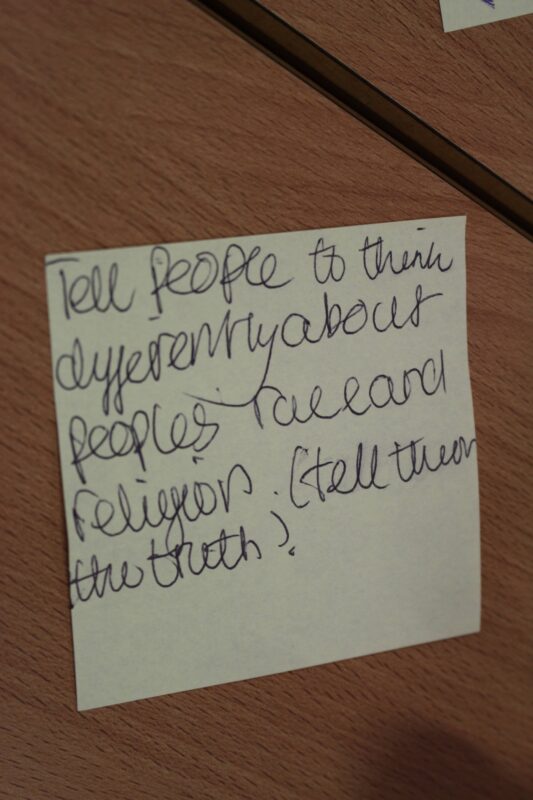
This Tuesday people across the world participated in Blackout Tuesday, a collective action to protest racism and police brutality. The action was originally organised within the music industry in response to the murder of George Floyd and murder of Ahmaud Arbery, and the killing of Breonna Taylor,
If Tuesday was a day for reflection, then each day forward must be a day marked with action. As white people we are reminded of systematic racism in the wake of well publicised tragedy. For our black friends, family, colleagues and community members, this is their reality.
Each day they are confronted with individual and systematic racism. It’s in; the stop and search statistics, the cctv footage of a petrol station forecourt in Stretford, the mispronunciation of pupils names by teachers who give “That’s what I said” or “Don’t talk back to me” responses. It is marked across the calendars of black creatives and academics who suddenly find themselves in high demand come October and loaded in seemingly casual conversation, “where are you from?”. It is plastered in GDS Transport font across state-funded billboards and it can be found at the centre of this pandemic in a threadbare government-commissioned report on the disproportionate effects of Covid-19 on global majority people, that fails to ask ‘why?’ or make recommendations for action.
We are horrified by the brutal murder of George Floyd, and that of Ahmaud Arbery, Breonna Taylor, and Manuel Ellis and all those before them. Their lives matter.
We must be under no illusion that institutionalised racism is a U.S. problem, it is a global one and the UK is up there with the worst perpetrators.
Over the past 4 years we’ve delivered 240 equalities workshops to over 7,500 students across Greater Manchester. Not a single session has passed without a black student sharing a personal experience of witnessing or being the target of racism. These students are year 8 and 9, aged 12 and 13. These incidents are not isolated and have taken place in every district of Greater Manchester.
Racism is happening on our streets, in our houses, at our supermarket checkouts, on our buses and trams, in our parks and pubs and in our classrooms. It’s happening every day.
We must look beyond instances of tragedy and hate crime and address structural racism, white supremacist ideologies and take action against them. We need to amend disparities in wealth, income, criminal justice, employment, housing, health care, political power and education, among other factors.
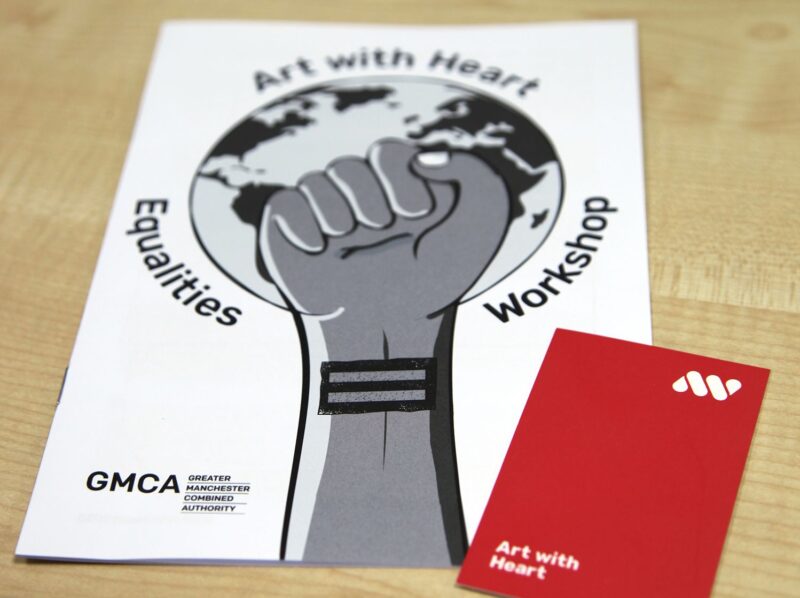

In her collection of essays and speeches Sister Outsider, Audre Lorde famously wrote:
“Revolution is not a one-time event.”
As white people we need to be consistent and committed to dismantling the systems and power structures from which we benefit. We need to stop expecting black people to do the work. We need to take over the heavy lifting.
In recent weeks we have refrained from sharing violent and distressing content; we are conscious of the impact it has on the mental health of black people in our community. Instead, we would like to share resources to support white members of our community in educating themselves and in encouraging them to take action.
Tamika Mallory – The Most Powerful Speech of a Generation
1. The Government to take racial justice seriously, and hold Donald Trump to account for his incitement to violence against protesters. Here’s handy template from Zainab Asunramu
2. A COVID-19 Race Equality Strategy which calls attention to the huge racial disparities in the healthcare industry, and the structural inequalities which leave Global Majority people at a greater risk of dying from coronavirus
3. An investigation into why black people are 10 times more likely to have a CED used against them by Greater Manchester Police than their white counterparts in the wake of the investigation into the use of a CED on Mr Desmond Ziggy Mombeyarara in front of his 4 year old son at a Stretford Petrol station
4. A review of Police action in the wake of reports that a disproportionate number of Global Majority people are being fined for lockdown breaches
5. Justice for Belly Mujinga. Better protection and support for those working at GTR following the death of Belly Mujinga, who was spat on by a white man who claimed to have COVID-19 after being sent to work unprotected on the station concourse
Find your MP here:They Work For You
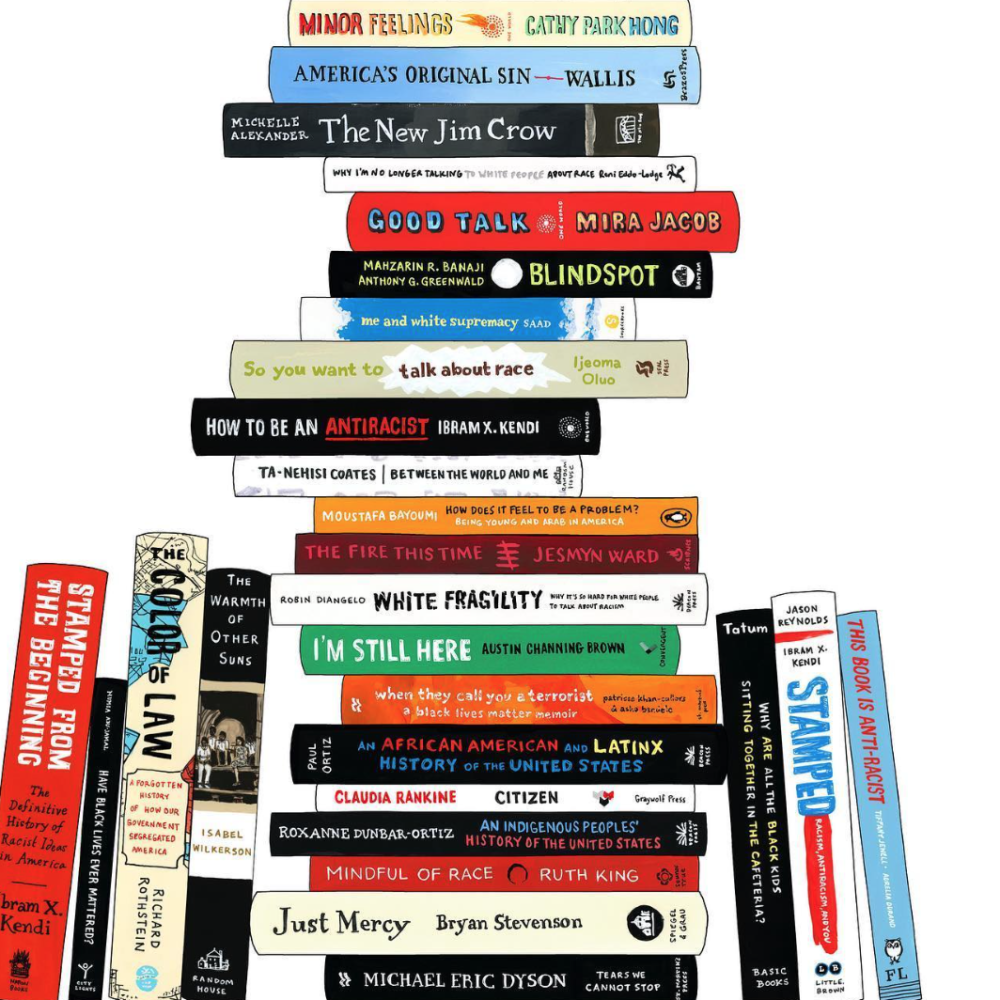
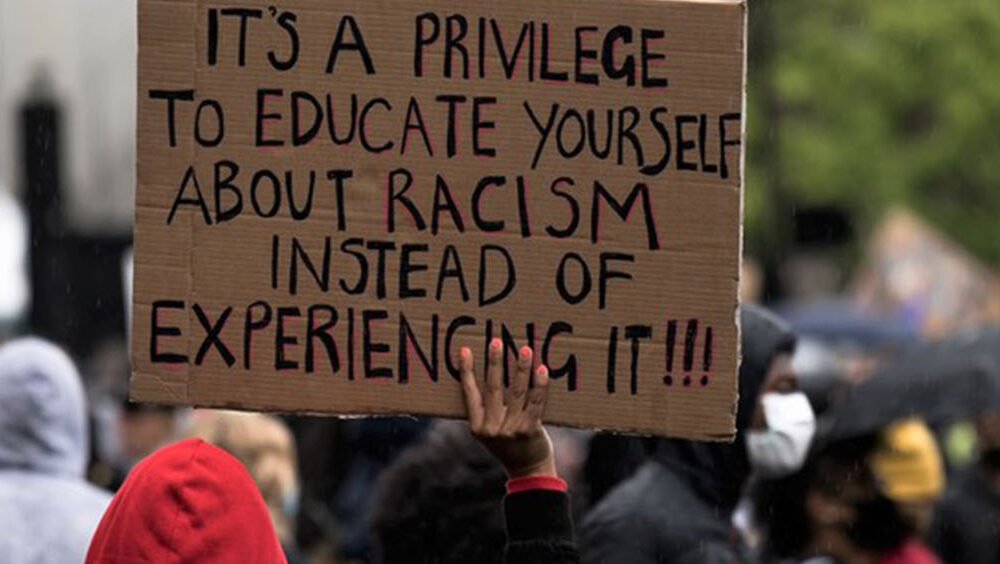
1. Using this hub of information and resources from Black Lives Matter.
2. Buy and read anti-racism books. Suggested starters; Why I’m No Longer Talking to White People About Race by Reni Eddo-Lodge who also has a podcast, White Fragility by Robin Diangelo, How To Be An Antiracist by Ibram X.Kendi, Natives by Akala and Sister Outsider by Audre Lorde.
3. Listen to anti-racist podcasts; Suggested starters; About Race with Reni Eddo-Lodge, The Good Ancestor Podcast with Layla F. Saad, The Echo Chamber series sharing the perspectives of black, working class women.
1. Global Majority pupils make up 33.1% of the school population in England. A Reflecting Realities report published in 2019 found that of the percentage of children’s books published in 2018 with a central Global Majority protagonist was 4%, while those featuring a Global Majority character was 7%.
2. The Concious Kid has compiled a list of children’s books to support conversations around racism
3. Bookriot have compiled a handy list of black children’s books by black authors
4. Penguin have compiled a list of children’s books with black characters. We love ‘Look Up’, which has illustrations by, Dapo Adeola (one of Rachel’s favourite illustrators)
5. Recommend The Black Curriculum to your child’s school, they provide industry leading teacher training to develop inclusivity
6. Write to Gavin Williamson, Secretary of State for Education to request that the government make Black histories mandatory in the national curriculum. You can use this handy template

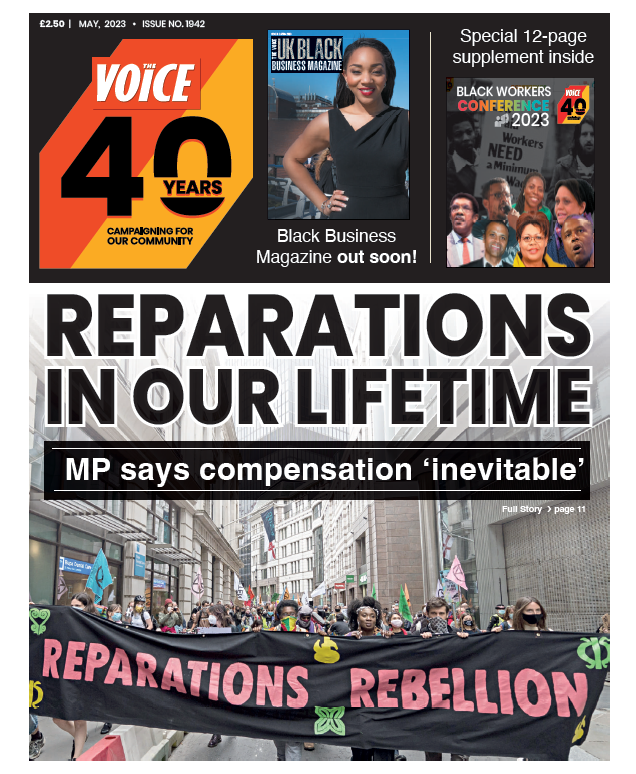
We encourage you to support, follow and fund these brilliant GM-based charitable, community and cultural organisations who are black-led or work to support and amplify black voices:
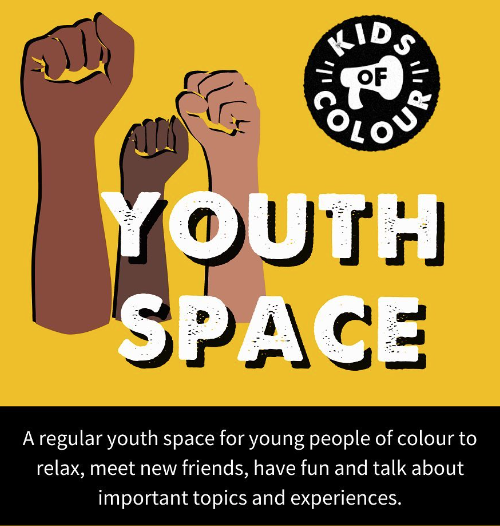
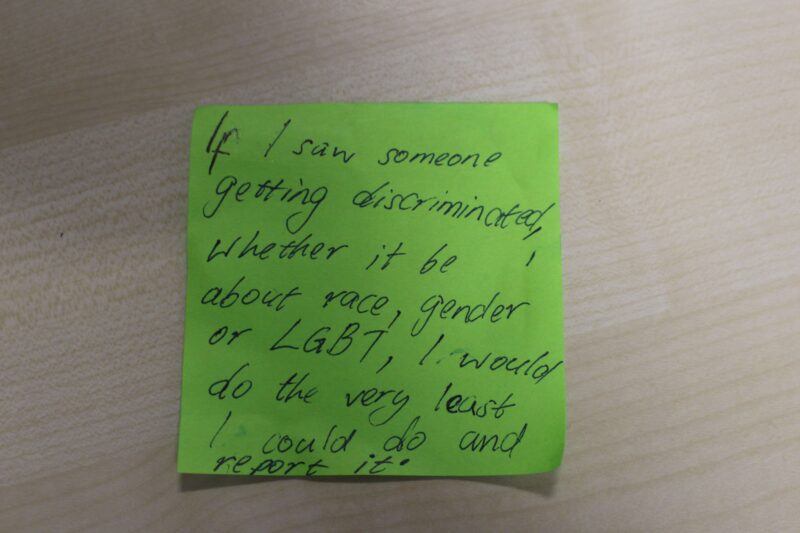
At Art with Heart we recognise that we need to do more. We promise to continue to annually review our statistics (workers, participants, audiences) in order to drive change within our organisation to reach more people of colour. We will continue our equality driven work aiming to reach as many young people as possible and provide resources for young people to report hate crime within their communities. When asked to be on a panel, we will check the panel diversity and where possible recommend another voice.
Action is important and we recognise that we are not doing enough. Actions we are committed to immediately putting into place are:
We will leave you with the words of a young black student from Stretford who, when asked to write a personal pledge towards equality in our workshop, wrote;
“I know I cannot do anything to help reach freedom. I personally believe it’s something impossible to get and I don’t really have hope that every single person will respect everyone.”
We’re committed to proving her wrong, are you?
